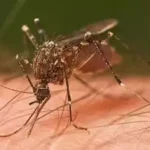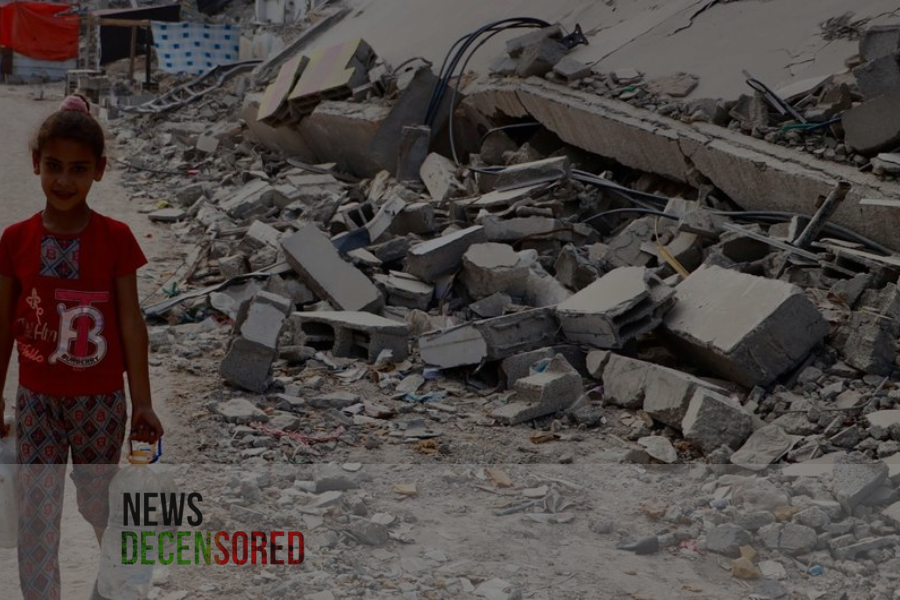Indeed, WHO’s Director-General, Tedros Adhanom Ghebreyesus, has said polio vaccines will be given to children in Gaza within the next few weeks. However, he noted that to date, there has not been any reported case of polio infection in the country. He stressed the need for everyone to act now, stating that they have seen it is just a matter of time before it gets to the thousands of children who have not been immunized.
This is why humanitarians are worried about the unfolding of a polio emergency in this area of the world. Health issues in the Region are alarming due to poor hygiene, frequent hepatitis A epidemics, and other easily preventable diseases. Further access to health is limited as a result of the ongoing conflict.
According to Dr. Ayadil Saparbekov, the Team Lead Health Emergencies at WHO in the OPT, there can be even higher scores of preventable fadeaways related to polio and other epidemics than the scores due to violent conflicts. The leading officials of Local Health Authorities estimate that cured visiting wartime injuries has caused 39,000 fatalities.
On 16 July, the WHO stated that poliovirus type 2, which emerged from a vaccine, was found in fecal samples from six Gaza sites: two cities, Khan Younis and Deir Al-Balah, that were heavily destroyed by nearly ten months of Israeli attack. WHO said that poliovirus can re-establish in areas that applied inadequate quantities of vaccine due to missed opportunities for immunization; the weakened form of the orally provided vaccine virus strain could grow and mutate into a more robust version.
Before the flare-up, provoked by Hamas’ attacks on several sites in the south of the Israeli state, routine vaccination for Gazan children was effectively available. When surveying children in the Palestine a UN health agency reported that 99% of them received their last polio vaccine dose in 2022. However, as per WHO and UNICEF recent immunization rate this rate will be decreased to 89 percent in 2023.
In response to the circulating variant of poliovirus type 2 in the Gaza Strip, WHO is to summit health ministers across the eastern Mediterranean on Thursday. Dr. Hanan Balkhy, WHO Regional Director for EMRO, who convened this meeting, underscored the growing crisis. “I became privy to living conditions that are ideal for the proliferation of polio and many other illnesses,” Balkhy said. For the children of Gaza, she urged the international community to act fast and effectively to stop the spread of the disease.
Decisions made during the meeting were to increase Observation and follow-up of the campaigns and consolidate them with other health services when possible; five mass polio immunization campaigns. The representatives also demanded a safe environment for conducting the vaccinations; it was suggested to declare no-fire or a couple of days of no-firing to contain polio out of paralyzing children in the Gaza Strip and other areas.
The meetings of the Regional Subcommittee on Polio Eradication and Outbreaks of the EMRO underlined the necessity of the elimination of all types of polioviruses in the Region. The Region is home to the last two countries in the world with endemic wild poliovirus transmission: Afghanistan and Pakistan. Further, low-income nations such as Somalia, Sudan, and Yemen have ongoing outbreaks of variant poliovirus.
The WHO’s activities and the regional collaboration affirm that polio cases have been systematically viewed, and efforts have been made to counter the polio threat in the Gaza Strip to safeguard the endangered population given the humanitarian crisis.















